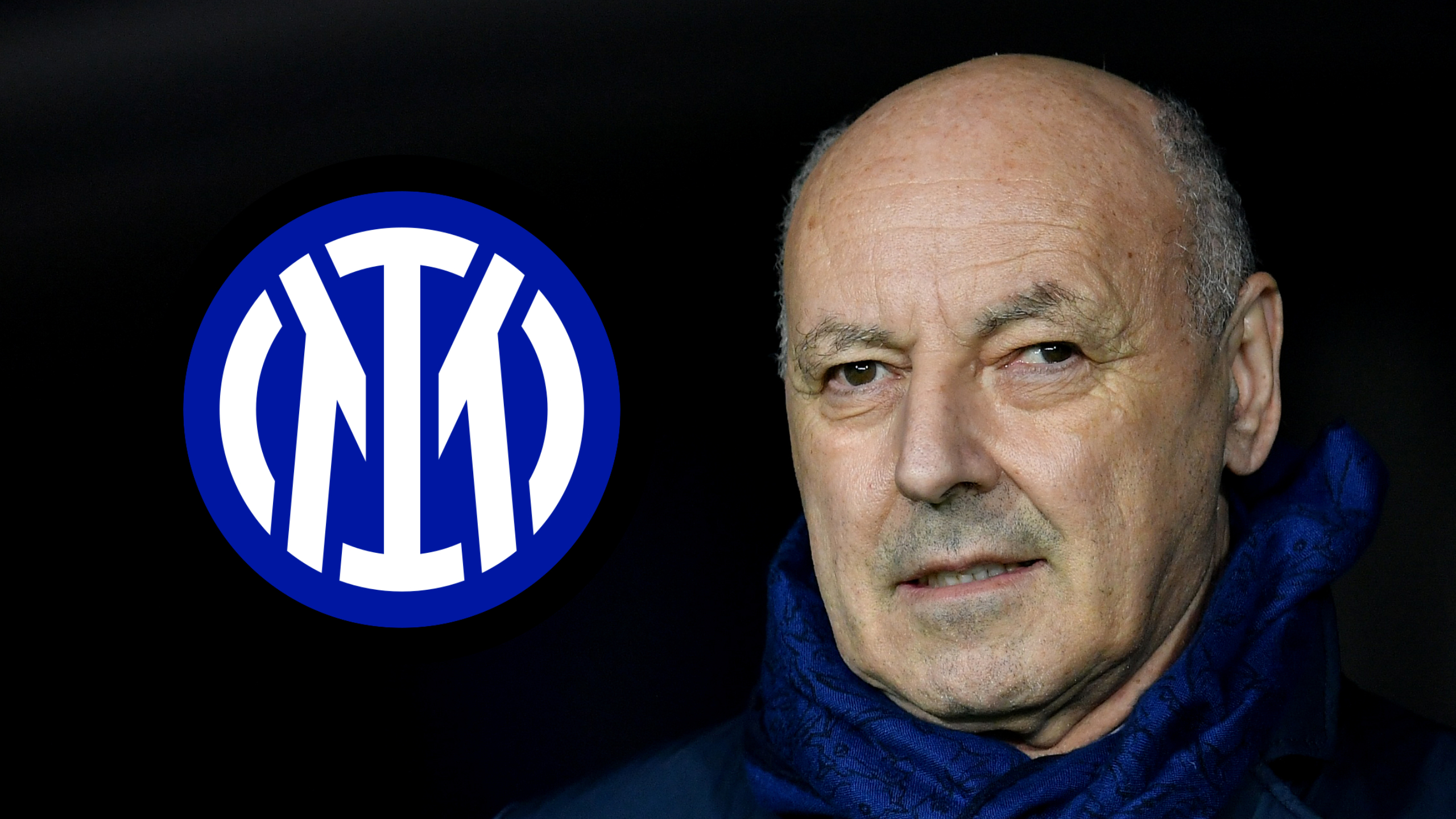Football is at a crossroads, perhaps the most complicated in modern history. And that earlier, romantic history, actually only a part of it, when there was not so much money, therefore no problems, Italian journalist Marco Bellinazzo tried to convey to the younger generations through the pages of the book “New Football Wars”.”In the preface, the author evokes the idea of a romantic model from the 60s, 70s and 80s, which is slowly disappearing today. I myself have gone through many changes in the evolution of the football phenomenon. My football began on pitches full of mud and sawdust in the rain, with one pair of football boots, while today top footballers have an average of 20 pairs each. Now next to the dressing room there are figures and profiles that have nothing to do with romantic football. The first question I have to ask myself is: What is a football team? A sporting phenomenon, and also and social. It is something that contains many different values,” said Giuseppe Bepe Marotta, Inter’s general manager, during the promotion of the book.##NAJAVA_MECA_6816143##Today, football is, as he says, “certainly a job, but also a game in which you experience the contrasting emotions of victory and defeat.””In the 40 years I’ve been fighting for radical change, we’ve gone from the football of the 40s, in which a collection of Umberto Saba songs were needed to describe a goal, to the day when the explosion of joy was quelled by the intervention of VAR, although it is a necessary means of eliminating error, even if it cannot be perfection.”Marotta pointed out that large investments are necessary for clubs in Italy to survive, adding that the attempt to establish the Super League was a desperate attempt by the teams to introduce a new model whose income can follow their spending.##EDITORS_CHOICE##”The embryo of the Super League was conceived in the Premier League, whose teams immediately abandoned the idea. It was nothing more than a cry for help. The Super League was first of all a search for sustainability. But, in the European context where all models except the Premier League and the Bundesliga, which has ownership rules, they’re barely surviving, there’s a very strong bond between clubs and fans. Meanwhile, Italy, Spain and France are struggling. But it’s all about the quality of the spectacle. If it’s bad, you don’t go to watch it. It’s the same for football same as for movies or theater performances. You pay the ticket if there is an emotional connection. Belief in the team is a dogma, a true fan follows you even if you are relegated from Serie A. But most of them are spectacle seekers. We need to find an organizational model that includes and foreign investment, which is necessary. If large funds arrive to buy clubs, it’s because they have cash, which we don’t have today.”

